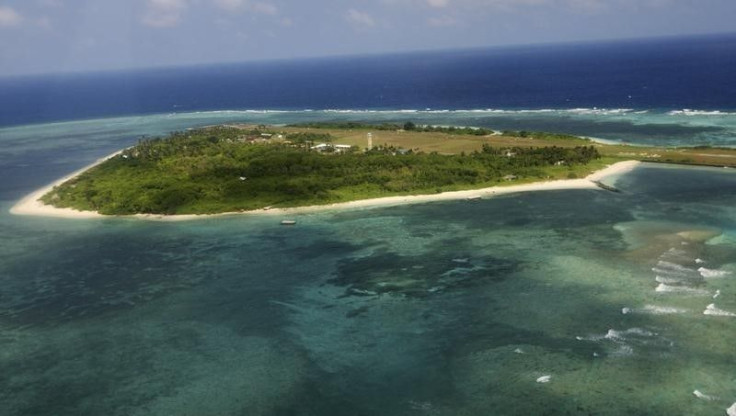South China Sea Controversy Update: At ASEAN Vietnam Urges Greater US Involvement In Spratly Islands

Vietnamese Prime Minister Nguyen Tan Dung called Tuesday for greater U.S. involvement in the long-running controversy over sovereignty in the South China Sea, Reuters reported. Dung's comments, made at the Association of Southeast Asian Nations or ASEAN conference in California, did not name China directly, as the Vietnamese economy relies heavily on its huge neighbor.
"Prime Minister Dung suggested the United States has a stronger voice and more practical and more efficient actions requesting termination of all activities changing the status quo," Reuters reported, citing a statement from the Vietnamese government. The same statement urged the U.S. to help curb "large-scale construction of artificial islands" and "militarization."
The statement appeared to be a comment on the dispute over ownership of groups of small islands in the South China Sea that has long haunted diplomatic relations in the region. The islands are small and relatively uninhabited, but they sit astride important trade routes and the seabeds around them may contain precious resources.
U.S. admiral warns against Chinese fighter flights from South China Sea runways https://t.co/SLzF3hZlZZ
— Reuters Top News (@Reuters) February 15, 2016
Multiple nations in the region claim portions of the islands, but China has by far the largest claim of sovereignty, covering most of the sea. It is also carrying out construction of artificial islands. The controversy dates back decades, and it was heightened in the past year with Chinese construction of islands, including military-grade airstrips. Vietnam, the Philippines, Malaysia and Brunei also claim large areas.
The dispute has become a focal point of the ASEAN conference, as Asia-Pacific countries, in cooperation with the U.S., seek a united front. "What keeps us up at night is that one of the big tension areas is the South China Sea," Alexander Feldman, president of the U.S. ASEAN Business Council , told Reuters. "We would like as a business community to see those differences and overlapping claims be addressed in a way that is done though discussion rather than military confrontation."
© Copyright IBTimes 2024. All rights reserved.












